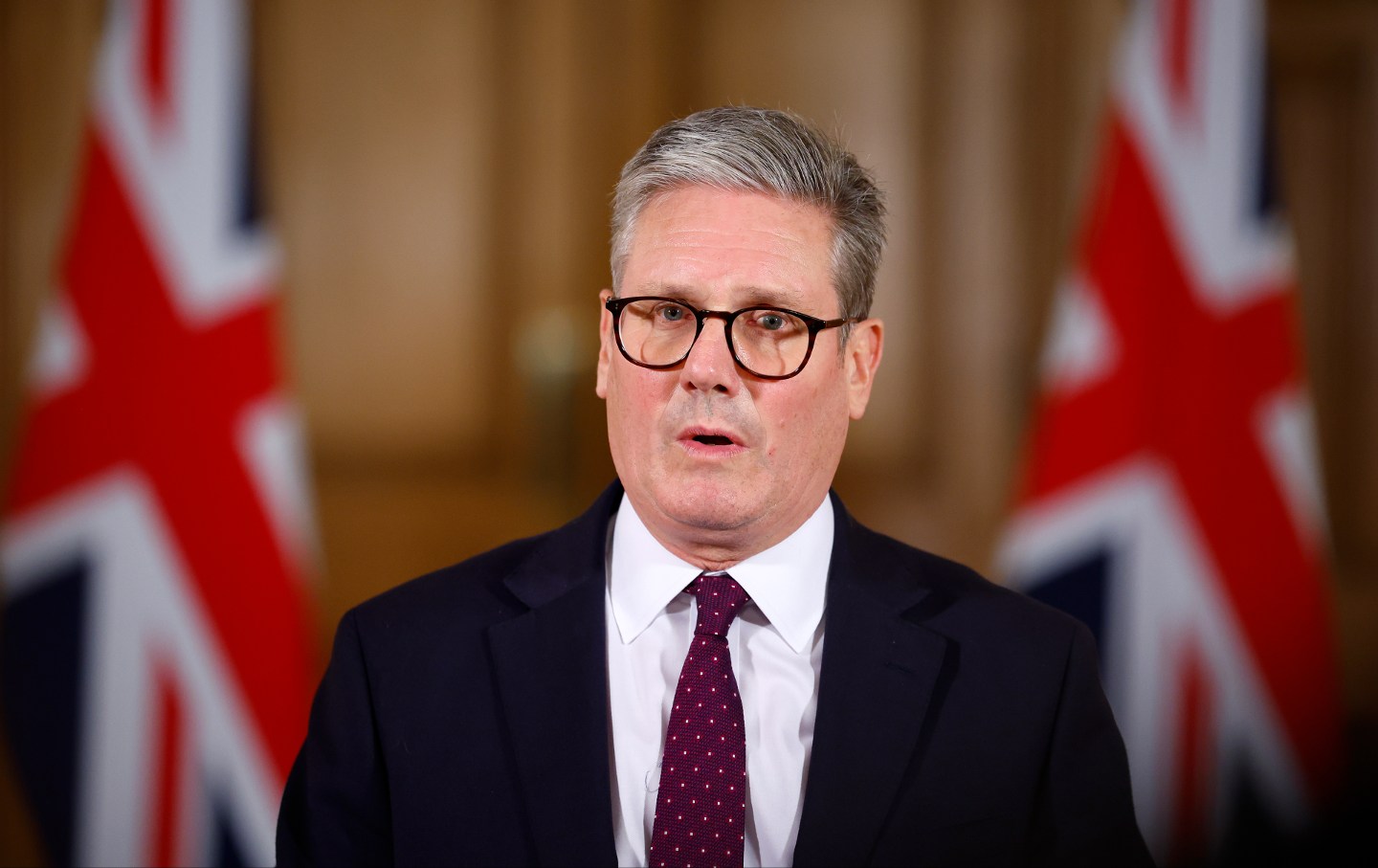The Senate has confirmed Stephen Miran, a senior economic advisor to former President Donald Trump, to the US federal reserve board, deepening concerns over political influence at the central bank. In a 48–47 vote on Monday, split largely along partisan lines, Miran became the first active White House aide to secure a Fed board seat since the institution’s reorganization in the 1930s.
He will join the US federal reserve board this week, just as policymakers convene for a two-day meeting in Washington to set the direction of U.S. monetary policy. The timing is pivotal: the board is weighing whether to cut interest rates by a quarter-point to stimulate the labor market, a decision that will affect borrowing costs for mortgages, credit cards, and auto loans across the country.
“This confirmation represents a historic break with precedent, and it raises serious questions about the independence of the central bank,” — Senator Elizabeth Warren, in a floor statement before the vote.
Concerns over independence and impartiality
Miran, during his September 4 confirmation hearing, pledged to take an unpaid leave of absence from his White House role while serving at the Fed. He also underscored that the independence of the US federal reserve board was “critical” to its mission. However, lawmakers expressed skepticism about his ability to act without political pressure.
Critics argue that Miran’s close alignment with Trump’s economic policies — including support for global tariffs and tighter immigration rules — could undermine the perception of impartiality on the board.
“The central bank cannot function if members are viewed as partisan operatives,” — Sarah Binder, Senior Fellow, Brookings Institution.
Miran’s appointment comes amid Trump’s repeated clashes with Fed Chair Jerome Powell and his public ambition to create “a majority” on the US federal reserve board aligned with his views. Policy experts warn this could compromise the Fed’s traditional role as an independent guardian of monetary stability.
Trump’s attempt to dismiss Governor Lisa Cook
The confirmation drama unfolded alongside another controversy: Trump’s effort to remove Governor Lisa Cook from the US federal reserve board. The President cited allegations of mortgage fraud dating back to 2021, before her appointment by President Biden. While Trump argued he held constitutional authority to fire Cook, a federal appeals court issued an emergency ruling blocking the dismissal.
Cook has denied all allegations and filed a lawsuit to protect her position. She has consistently voted to maintain current interest rates, opposing Trump’s calls for immediate cuts.
“The attempt to remove a sitting governor threatens the integrity of the institution,” — Peter Conti-Brown, Professor of Financial Regulation, University of Pennsylvania.
For now, the court’s decision ensures Cook remains on the US federal reserve board as it prepares its latest policy announcement.
What this means for monetary policy and governance
The back-to-back developments — Miran’s confirmation and Trump’s failed attempt to dismiss Cook — highlight escalating tensions over governance at the US federal reserve board. Analysts say the outcome could reshape the balance of decision-making at a moment when the Fed faces pressure to manage inflation, maintain employment levels, and preserve market confidence.
The presence of a White House advisor on the US federal reserve board is particularly significant for policy makers monitoring the boundary between fiscal and monetary powers. Should Miran lean toward Trump’s agenda, the Fed could be perceived as more vulnerable to political influence, potentially affecting global investor confidence.
Going forward, the central bank’s actions will be closely watched by Congress, the courts, and international markets. With Trump signaling further interest in reshaping the US federal reserve board, the debate over independence is unlikely to subside.











